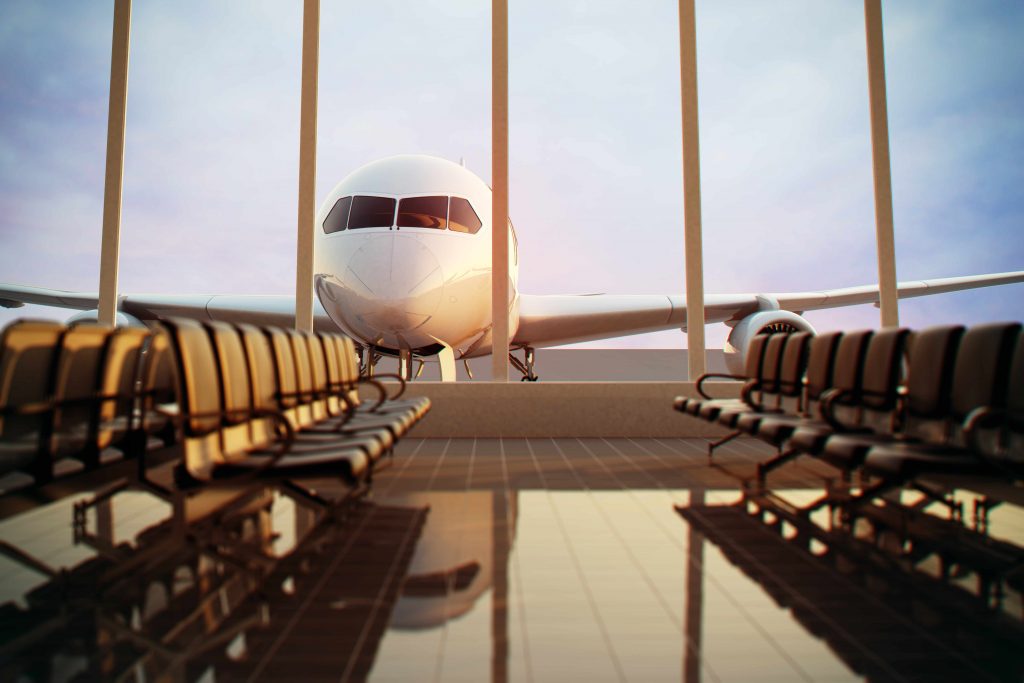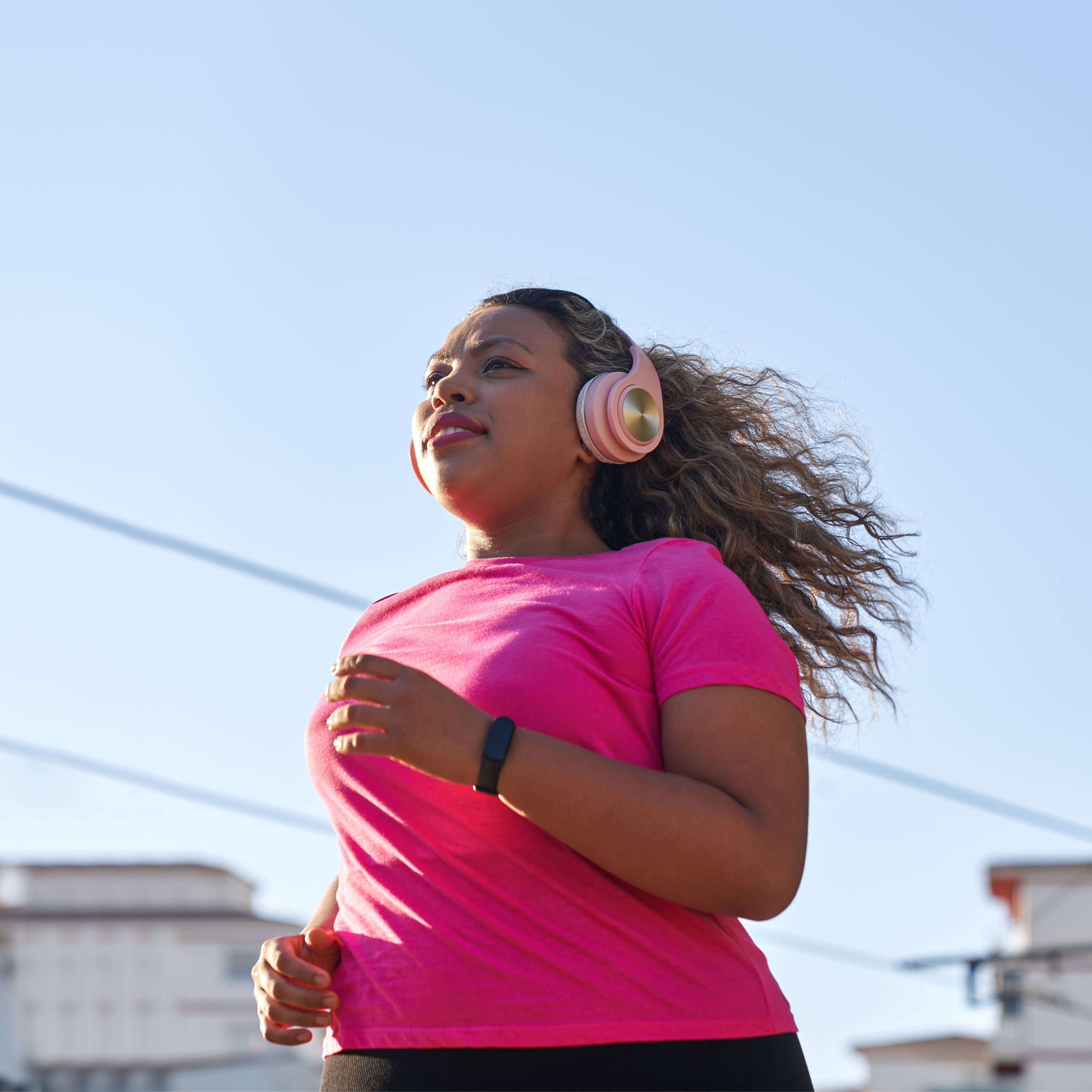-
Featured News
Mayo Clinic Q and A: Traveling with supplemental oxygen
 DEAR MAYO CLINIC: I’m flying to a family reunion this winter, and my doctor suggests I take supplemental oxygen with me on the airplane because I have chronic obstructive pulmonary disease (COPD). I don’t normally use supplemental oxygen, so why would I need it on an airplane?
DEAR MAYO CLINIC: I’m flying to a family reunion this winter, and my doctor suggests I take supplemental oxygen with me on the airplane because I have chronic obstructive pulmonary disease (COPD). I don’t normally use supplemental oxygen, so why would I need it on an airplane?
ANSWER: People who have COPD or diseases that can cause low oxygen levels may need in-flight oxygen supplementation even if they don’t use oxygen at home.
As a plane takes off and gains altitude, surrounding air pressure — the weight of the atmosphere pressing against the earth — decreases. Pressurized cabins limit the decrease considerably but not entirely. Federal regulations require cabin pressure altitude to be below 8,000 feet above sea level. This pressure level is manageable for most people, but is still about the same as being a quarter to a third of the way up Mount Everest. If you have lung disease, this could cause problems.
Low air pressure decreases the rate at which oxygen is absorbed into your bloodstream. If you already have low oxygen levels on the ground, as is often the case with COPD, even a small decrease in oxygen flow can have an effect. Any increase in your body’s demand for oxygen — for something as simple as getting up and walking to the bathroom, for example — can elevate that effect, potentially leaving you with breathing problems on the plane.
Commercial airlines have varying requirements for bringing oxygen on a plane, so check with your airline. Also, flights within other countries may have different rules. Most airlines require notification at least 48 hours before the flight and longer for international flights. You’ll likely need written documentation of your need for oxygen from your doctor.
Some airlines provide in-flight supplemental oxygen systems. You also can rent a battery-powered portable oxygen concentrator to bring with you, which means you have it during layovers and when you arrive at your destination. Portable oxygen concentrators must be approved by the Federal Aviation Administration for domestic flights, and the International Civil Aviation Organization for international flights.
Give yourself enough time, preferably weeks or even months ahead, to confirm you have everything you need and answer any questions you might have. If you bring a portable oxygen concentrator, be sure you bring enough batteries to comfortably last more than the length of the trip, in case there are unanticipated delays. (adapted from Mayo Clinic Health Letter) — Dr. Clayton T. Cowl, Pulmonary and Critical Care Medicine, Mayo Clinic, Rochester, Minnesota







